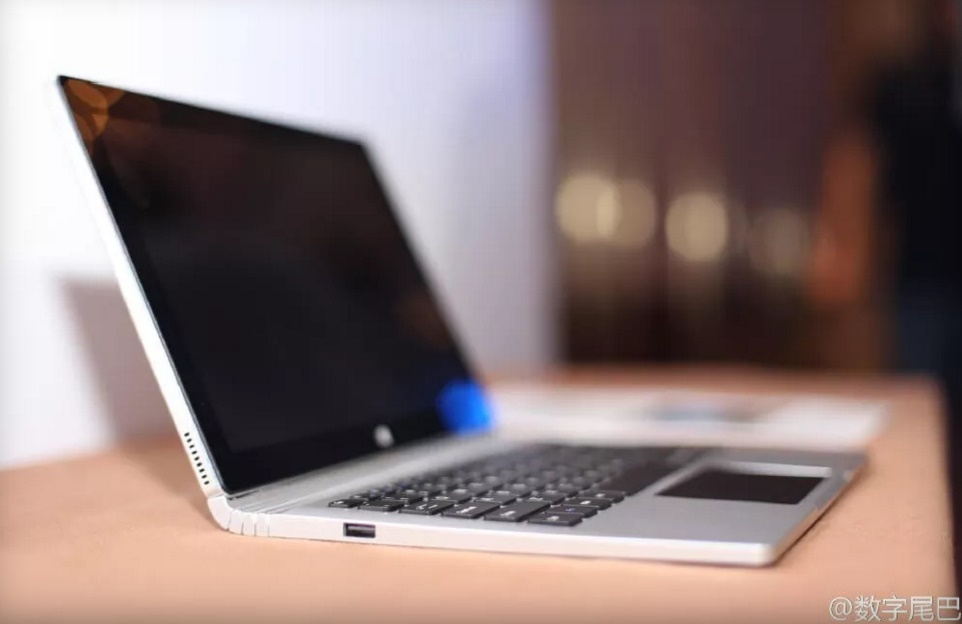This Microsoft Surface Book knock-off shows that Apple is not the only company dealing with creepy copycats
Over the past couple of years, Chinese manufacturer, and Apple’s copycat Xiaomi, has put considerable effort in replicating the design of most Apple products, including the iPhone, the MacBook, the iPad, Apple TV, and a range of accessories like the Magic Trackpad and the Magic Mouse.

With that being said, one can’t help but appreciate a quasi-comical obsession, which drove Xiaomi to introduce its products to Chinese customers, through on-stage keynote presentations modeled on Apple’s very own, inclusive of the iconic “One more thing...” tagline, as well as the look of Xiaomi’s CEO on stage, sporting a very Jobs-like attire.
This plagiaristic form of adulation, as of late, has extended to another tech giant: Microsoft.
A knock-off of Microsoft’s flagship hybrid business ultraportable, the Surface Book, has just made its underwhelming entrance in the hall of high-tech look-alikes, from Chinese manufacturer Onda. At a glance, the device named oBook11, appears to be as good a clone as one can be, to the Microsoft Surface Book, mimicking the hinge, latch rather closely, from an aesthetic point of view.
The specs of this device, let alone Onda’s notoriously bad build quality track-record, are what breaks the illusion, and shoves the consumer back to reality.
Needless to say, this device is not powered by either an Intel Core i5 or i7 CPU, but rather by an M3 6Y30, with a “whopping” 4GB of DDR3L RAM, a 64GB SSD, and 1080p display. Aside from that, there is no discrete GPU option, and no alternative battery in the base.
Make no mistake, Onda is not Xiaomi, a company with resources and the market share to pull off hilarious stunts like these and get away with it in court on a global scale, but we have to give them points for effort. A Surface Book is not an easy device to replicate, especially when taking into account features like the muscle-wire mechanism, and the flexible hinge, both of which were the result of exhausting work and research into materials and designs previously unseen in laptops and tablets.
According to the company’s own statements, Onda is likely to ship a whole array of devices like these, in multiple configurations, but just like Xiaomi, it’s extremely unlikely that any of these devices will reach any global market, especially the US, where both Apple and Microsoft’s legal teams await with itchy trigger-fingers.